Primary Source Learning to Develop Civic Competencies
In the Guardian of Democracy: the Civic Mission of Schools report, Lee H. Hamilton, founder of the Center on Congress and U.S. Representative from Indiana (1965 to 1999), wrote:
Citizenship requires both knowledge about government and the ability to be involved in governance. It means knowing how to identify and inform yourself about issues, explore and evaluate possible solutions, and then act to resolve problems. It demands that you know how to interact respectfully with others. And it asks that you accept responsibility for meeting your community’s and the nation’s challenges.
But active citizenship requires knowledge, skills, and dispositions that must be learned and developed. The Barat Education Foundation believes that teaching civic knowledge, skills, and dispositions is best accomplished when civic content is infused across the K-12 curricula. Learning with primary sources is an ideal method for developing civic competencies. As students practice and develop proficiency in the analysis and interpretation of primary sources, they develop critical thinking, information literacy, communication, and collaboration skills, all of which are important to being an engaged and active citizen.
For this reason, the Primary Source Nexus teaching resource blog will be undergoing an update. While we will continue to highlight primary sources from the Library of Congress and teaching strategies and resources using these sources, we will also be promoting cross-curricular civics lessons we have developed and continue to develop as a consortium member of the Library of Congress Teaching with Primary Sources (TPS) program along with the curricular and professional development resources of other consortium partners. In addition, we will feature news related to civic education and 21st-century citizenship. Stay tuned . . .

